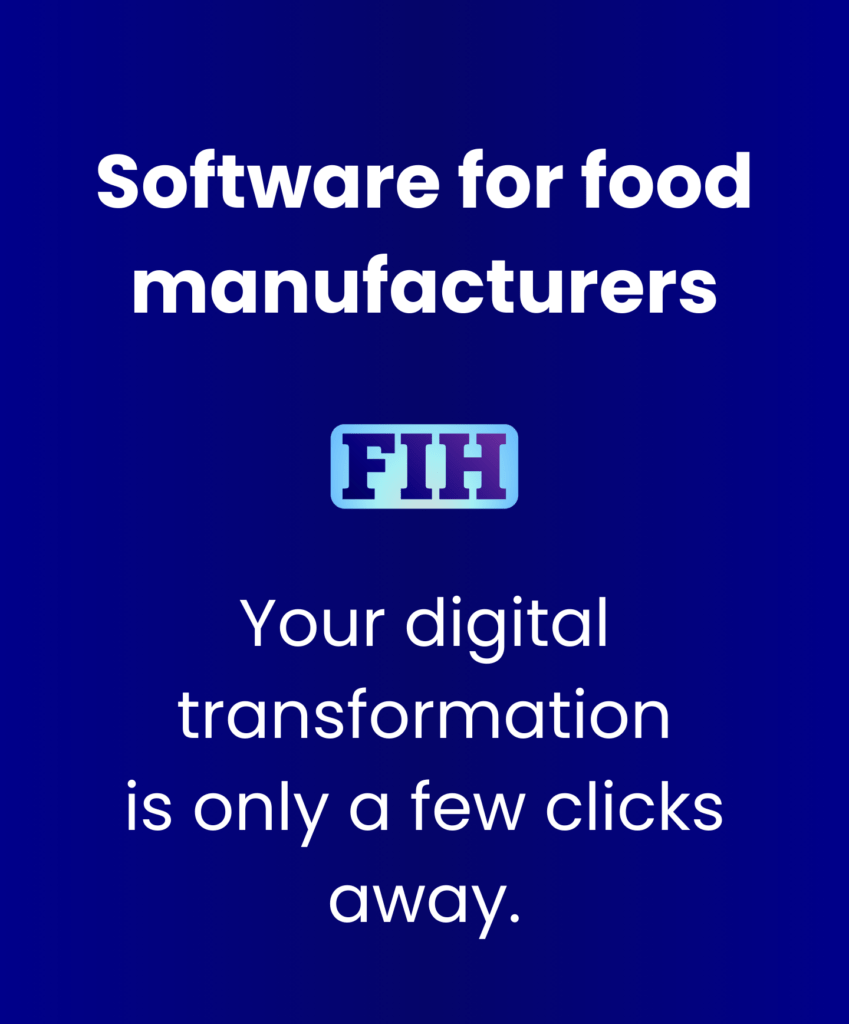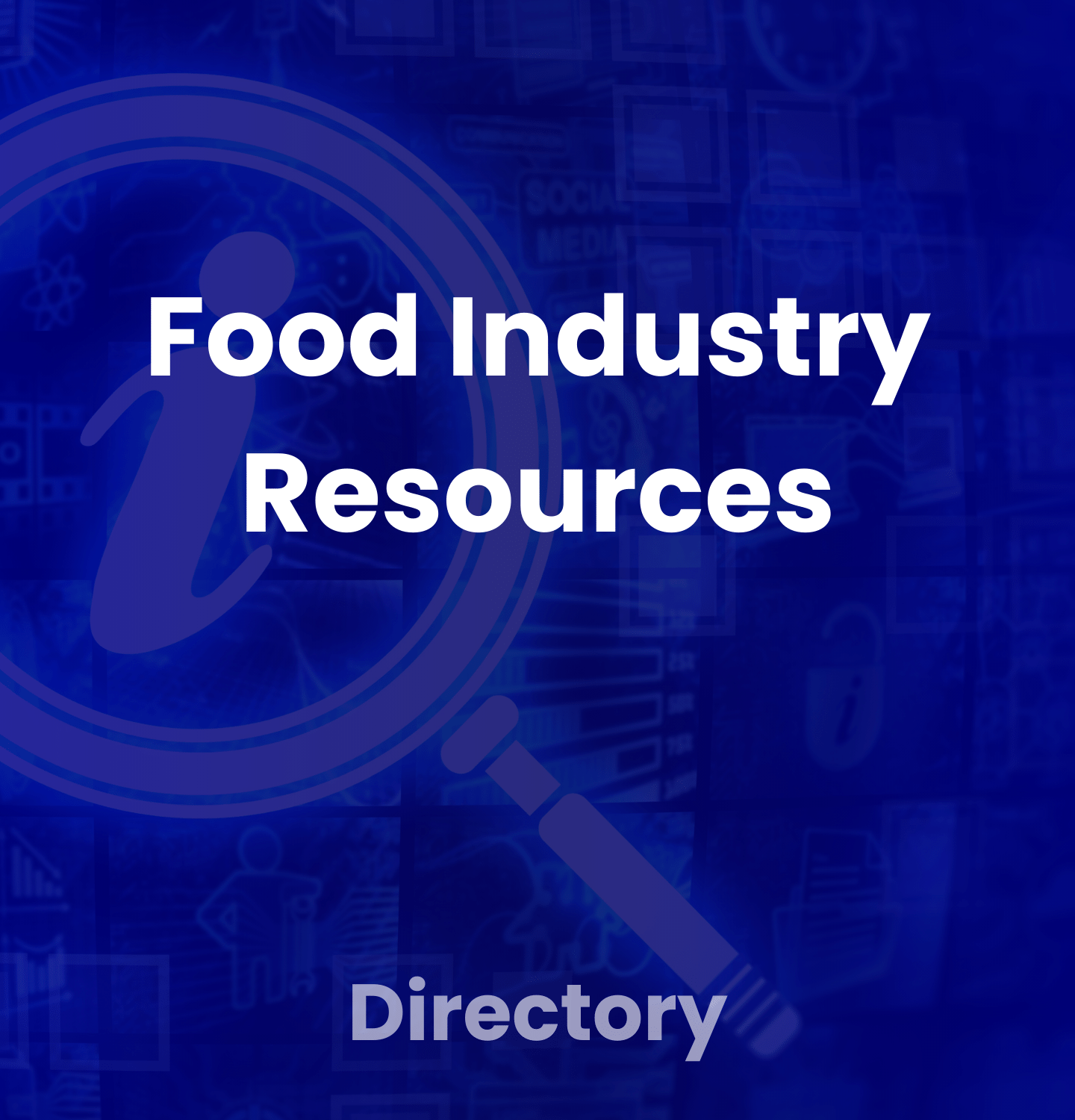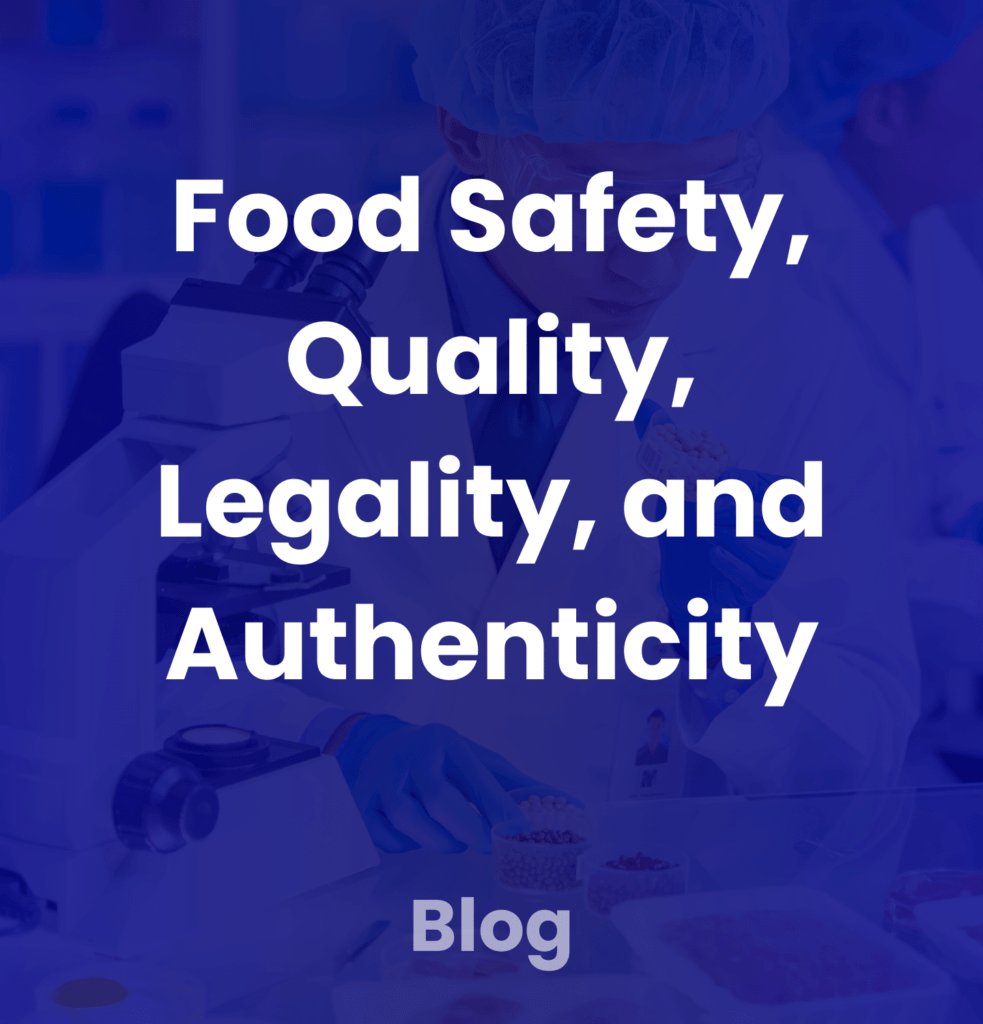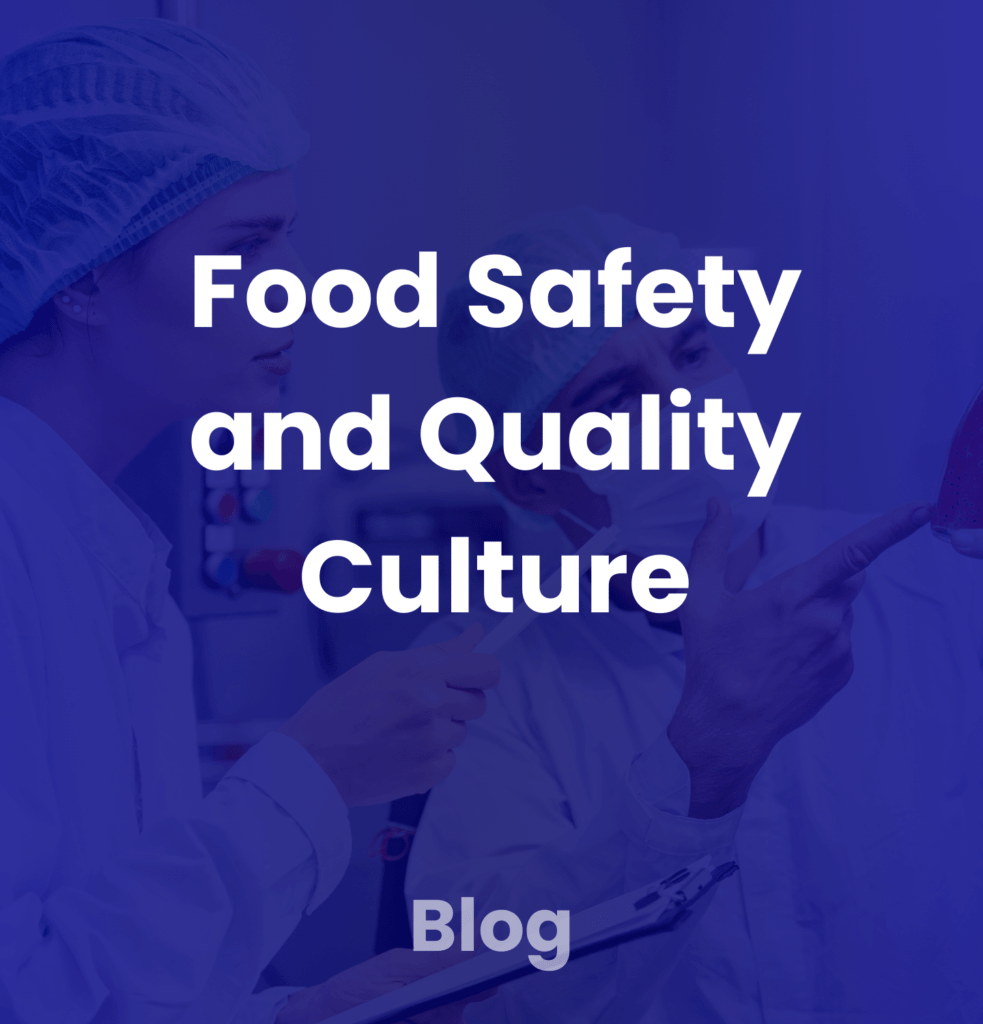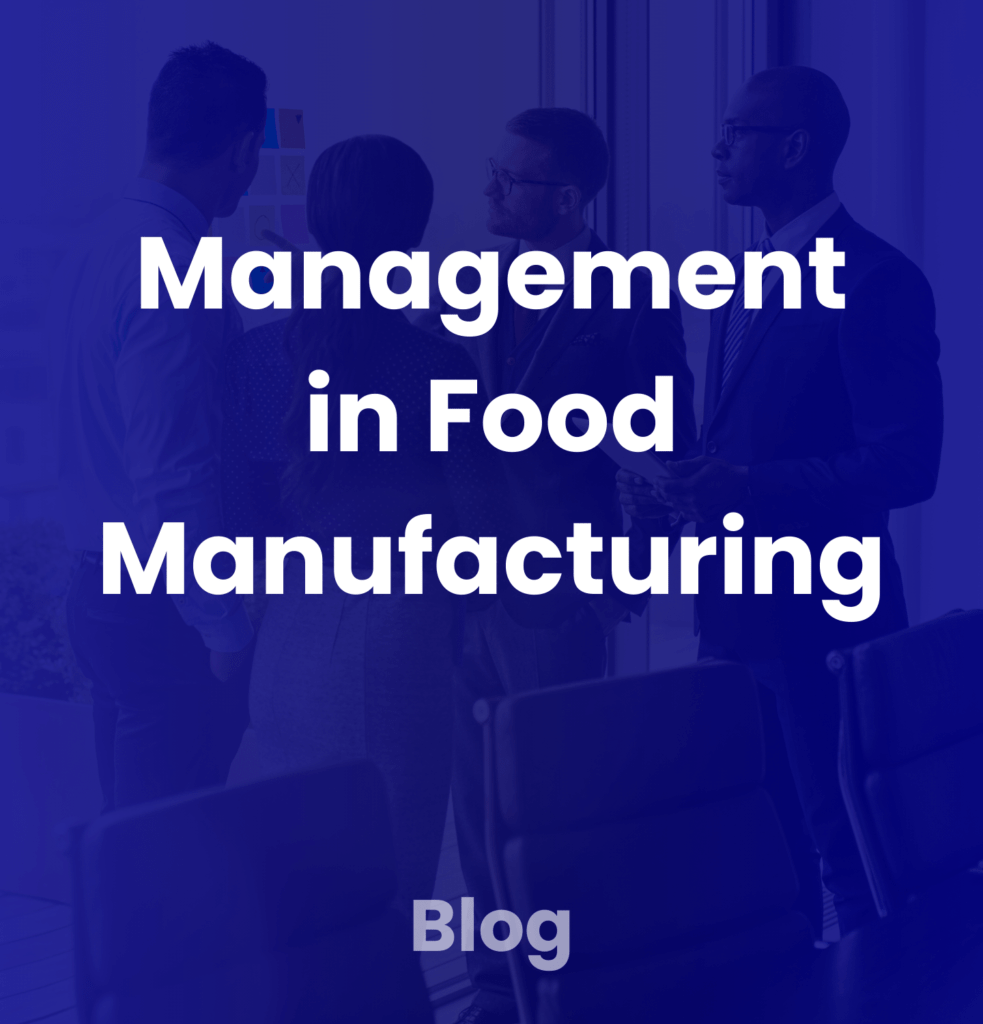
Sector-Specific Information
The Food Industry Hub knowledge centre delivers a wide range of sector-specific information for food industry professionals.
The below is one topic from our knowledge centre. You can return to all topics by clicking here.
Legal Requirements for Food Safety
Definition
Legal requirements for food safety comprise the legislative and regulatory frameworks established by governments and international organisations to ensure the safety of food intended for human consumption. These requirements span the entire food supply chain, covering raw material sourcing, manufacturing, packaging, storage, distribution, and retail. Adherence to these standards is essential for safeguarding public health, sustaining consumer trust, and avoiding legal penalties or financial losses.
In the UK, key legislation includes the Food Safety Act 1990, Food Hygiene Regulations 2006, and EU Regulation 178/2002, retained in UK law post-Brexit. Internationally, the Codex Alimentarius Commission serves as a reference for harmonising food safety practices globally, offering guidance on standards for food production, testing, and labelling.
Practical Applications
Food businesses must meet legal requirements by implementing food safety management systems (FSMS) and operational controls. These measures are guided by UK, EU, and international laws that ensure consumer safety, fair trade, and industry accountability.
Food Safety Management Systems (FSMS)
The use of Hazard Analysis and Critical Control Points (HACCP) is mandated under the Food Safety Act 1990 and enforced through the Food Hygiene Regulations 2006 in the UK. These laws require businesses to identify, evaluate, and control food safety hazards. Specific EU legislation, such as Regulation (EC) No 852/2004, continues to influence HACCP requirements in the UK under retained EU law.
- Businesses must maintain documented HACCP plans, detailing hazard identification and the critical control points (CCPs) to mitigate risks.
- Regular review and verification of HACCP plans are legally required to ensure their continued effectiveness.
Food labelling is governed by the Food Information Regulations 2014, which incorporate provisions from EU Regulation 1169/2011 (on the provision of food information to consumers). Specific provisions include:
- Natasha’s Law: Enacted in 2021, it requires food businesses to provide a full list of ingredients with allergens emphasised for pre-packed for direct sale (PPDS) foods.
- Mandatory Nutritional Labelling: Pre-packed foods must display energy content (in kilojoules and kilocalories), fat, saturated fat, carbohydrates, sugars, protein, and salt.
- Allergen Declaration: There are 14 allergens that must be highlighted on labels (e.g., gluten, nuts, milk, etc.).
Failure to comply can lead to product recalls, fines, or other legal interventions.
The ability to trace food products throughout the supply chain is mandated by EU Regulation 178/2002 (retained in UK law post-Brexit). This regulation establishes a framework for food law, requiring:
- One Step Forward, One Step Back Traceability: Businesses must track suppliers and customers to ensure traceability at every stage of production, processing, and distribution.
- Detailed Records: Businesses must maintain documentation identifying suppliers of raw materials, batches processed, and distributors.
In the case of a contamination incident, these records allow businesses to isolate affected products quickly and conduct recalls. Non-compliance can result in penalties or suspension of operations.
Hygiene and Safety Practices
EU Regulation (EC) No 852/2004 details general hygiene requirements for food businesses. Provisions include requirements for temperature control and hygienic conditions.
Inspections and Audits
Regulatory authorities such as the Food Standards Agency (FSA) and local councils conduct inspections to verify compliance. These inspections assess adherence to the Food Safety Act 1990 and other relevant laws.
Enforcement Notices: Non-compliant businesses may receive improvement or prohibition notices and, in severe cases, face prosecution.
Regulatory Frameworks and Enforcement
The following tables summarise the key regulators and regulations governing food safety:
Example Food Safety Regulators
| Regulator | Jurisdiction / Market | Associated Enforcement Agencies |
| Food Standards Agency (FSA) | UK | Local councils, Port Health Authorities |
| European Food Safety Authority (EFSA) | EU | National food safety agencies |
| Food and Drug Administration (FDA) | USA | Office of Regulatory Affairs (ORA) |
| Codex Alimentarius Commission | International | National governments |
Example Food Safety Regulations
| Regulation |
Jurisdiction / Market | Regulatory Body / Issuer | Description and Application |
| Food Safety Act 1990 | UK | UK Parliament | Establishes the framework for food safety in the UK, requiring that food must not be injurious to health, must meet labelling standards, and should not be falsely described or presented. It empowers enforcement authorities to seize unsafe food and prosecute non-compliant businesses. The Act underpins all UK food safety legislation. |
| EU Regulation 178/2002 (General Food Law) | EU and UK (retained law) | European Commission (EFSA) | Establishes principles of food safety, including the precautionary principle, risk analysis, and traceability requirements. It mandates that unsafe food is withdrawn from the market and that businesses ensure all food complies with safety laws at every stage of the supply chain. |
| Regulation (EC) No 852/2004 (Hygiene of Foodstuffs) | EU and UK (retained law) | European Commission | Focuses on hygiene practices for foodstuffs at all stages of production, processing, and distribution. It requires businesses to implement HACCP-based systems and maintain hygiene standards tailored to their specific operations. |
| Regulation (EC) No 853/2004 (Hygiene Rules for Animal-Origin Products) | EU and UK (retained law) | European Commission | Sets additional hygiene rules for products of animal origin, including meat, dairy, fish, and eggs. It mandates specific temperature controls during transport, slaughterhouse hygiene standards, and requirements for veterinary checks. |
| Food Information Regulations 2014 | UK | UK Parliament | Governs the provision of food information, including allergen labelling, ingredient lists, and nutritional content. It implements elements of EU Regulation 1169/2011, ensuring transparency for consumers. Specific provisions include mandatory allergen declaration and emphasis (e.g., bold font) on pre-packed foods. |
| Codex Alimentarius (International Food Standards) | Global | Codex Alimentarius Commission | Provides international food safety benchmarks. While not legally binding, it influences many national regulations, including those in the UK and EU. Codex covers food additives, contaminants, pesticide residues, and microbiological criteria, promoting harmonisation of food standards globally. |
| Food Safety Modernization Act (FSMA) 2011 | USA | U.S. Food and Drug Administration (FDA) | Emphasises prevention rather than reaction, requiring food facilities to develop risk-based preventive controls, conduct supplier verification, and establish recall plans. It also grants the FDA authority to mandate recalls and suspend facility registrations. |
| Regulation (EU) No 2073/2005 (Microbiological Criteria for Foodstuffs) | EU and UK (retained law) | European Commission | Sets microbiological safety standards for specific pathogens in food, such as Salmonella, Listeria monocytogenes, and E. coli. Businesses must ensure compliance with these criteria during production and product shelf-life. |
| Regulation (EC) No 396/2005 (Maximum Residue Levels of Pesticides) | EU and UK (retained law) | European Commission | Sets maximum permissible levels of pesticide residues in food products to protect consumer health. Testing and compliance are required for all food sold in these markets. |
Related Concepts
- Due Diligence Defence: UK businesses may be able to defend against prosecution by demonstrating that all reasonable precautions were taken to ensure compliance with food safety laws.
- Product Recall and Withdrawal: Regulations mandate clear procedures for recalling unsafe products to protect consumers.
- Food Safety Training: Legal requirements ensure that employees are adequately trained in hygiene practices, foodborne hazards, and proper handling techniques.
Expert Insights
Compliance with food safety laws is not merely a box-ticking exercise but a cornerstone of maintaining trust and accountability in the food industry. Senior management plays a pivotal role in ensuring adequate resources for training, audits, and technological investments.
Post-Brexit regulatory divergence necessitates vigilance to adapt to evolving legal requirements. For example, businesses exporting to the EU must align with both UK and EU standards.
Continuous engagement with regulatory updates through resources like the Food Standards Agency (FSA), legal advisors, and industry bodies is prudent. Proactive compliance not only safeguards public health but also enhances a company’s reputation for reliability, ultimately driving consumer trust and market competitiveness.
Please take note: On this page, we make reference to a selection of regulations of particular relevance for food safety. These are intended to be useful examples only. Regulatory frameworks evolve over time, so it’s important for food manufacturers to carry out due diligence for legal compliance.
Use Food Industry Hub Management Systems to simplify your quality control and compliance management processes.
About The Food Industry Hub Knowledge Centre
The Food Industry Hub knowledge centre delivers informative content on a variety of topics pertinent to the food manufacturing industry.
You can return to all topics by clicking here.
We regularly produce new content for food industry professionals, and the Food Industry Hub Mail Service is the best way to stay up to date with the latest additions.
Signup today to be added to the Food Industry Hub mailing list.

